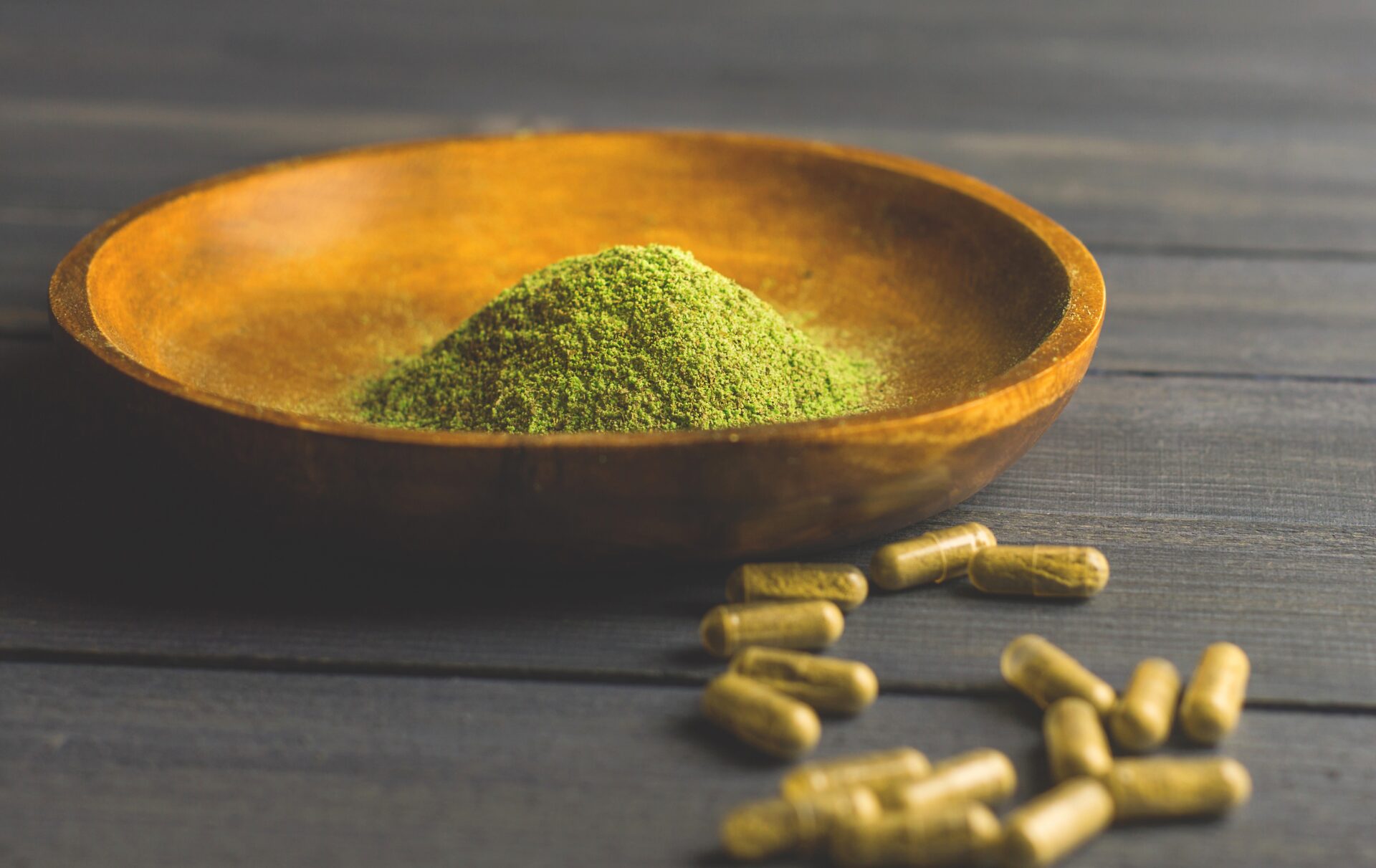Kratom, a natural substance derived from a Southeast Asian tree, has become increasingly popular in the United States. Praised for its pain-relieving and stimulant effects, it’s often used as an alternative to prescription drugs or to manage opioid withdrawal. However, with its growing use, many wonder: does kratom show up on a drug test?
Drug screening methods have evolved significantly, and while standard drug tests do not usually detect kratom, specialized tests can identify kratom alkaloids. Here we’ll explore the detectability of kratom, its effects, legal status, and the implications for individuals in Newport Beach, California, especially following the city’s recent ban on kratom sales and distribution.
What Is Kratom?
Kratom is a tropical plant native to Southeast Asia, where it has been used for centuries as a traditional remedy. The plant’s leaves contain active compounds, primarily mitragynine and 7-hydroxy mitragynine, which interact with the brain’s opioid receptors to produce various effects:
- At low doses, kratom acts as a stimulant, boosting energy and focus.
- At higher doses, it has sedative effects, reducing pain and promoting relaxation.
Kratom is often marketed in forms such as kratom capsules, powders, extracts, and teas. While it is widely available in many areas, its unregulated status raises concerns about safety, quality, and potential for misuse. Chronic kratom use can lead to dependency and withdrawal symptoms, highlighting the need for caution and informed decision-making.
How Long Does Kratom Stay in Your System?
The duration kratom stays in the body depends on various factors, including dosage, frequency of use, and individual metabolism. The primary kratom metabolite, mitragynine, is fat-soluble, meaning it may linger in individuals with higher body fat percentages.
- Average Duration: Kratom can stay in the system for 6–9 days.
- Factors Influencing Duration:
- Dosage: A higher dose of kratom results in longer retention.
- Method of Use: Forms like kratom extract or capsules may extend detection windows.
- Urine Samples: Kratom metabolites are most commonly detected in urine.
- Diet: Consuming kratom on an empty stomach may shorten the detection window.
Understanding how long kratom stays in the body is essential, particularly for individuals undergoing drug testing or those concerned about dependency.
Does Kratom Show Up on a Drug Test?
Standard Drug Tests
Routine drug tests, such as the 5-panel drug test or 10-panel drug test, do not typically include kratom. These panels are designed to detect substances like marijuana, cocaine, amphetamines, and PCP. As a result, kratom is unlikely to appear in a standard drug test.
Specialized Tests
Advanced methods, such as confirmatory testing, can detect kratom alkaloids like mitragynine and 7-hydroxy mitragynine. These tests may include:
- Urine Tests: The most common method for detecting kratom metabolites, with a detection window of 5–7 days.
- Blood Tests: Detectable for a few hours to 2 days, these tests are more effective for identifying recent use.
- Saliva Tests: Rarely used but may detect kratom within a few hours to 2 days of consumption.
- Hair Tests: While not routine, hair follicle tests can potentially identify kratom use for up to 90 days.
Employers or agencies requiring kratom drug testing often use these specialized methods.
Factors That Influence Detection
Several factors determine whether kratom will be detected in a drug screening:
- Frequency of Use: Regular or chronic use increases the likelihood of detection.
- Testing Sensitivity: Specialized tests, such as chromatography, are more likely to detect kratom alkaloids.
- Body Composition: Mitragynine’s fat-soluble nature affects how long it remains in the system.
- Type of Test: Detection windows vary based on the test used (e.g., urine, blood, or saliva).
These variables highlight why kratom detection can vary significantly between individuals and test types.
Kratom Use and Addiction Risks
While kratom is marketed as a natural remedy, long-term use can lead to dependency and health risks. High doses or frequent use may cause:
- Physical dependency, resulting in withdrawal symptoms like nausea, vomiting, and muscle spasms.
- Psychological effects, such as mood swings, cravings, and irritability.
- Increased tolerance, leading users to consume larger amounts to achieve the same effects.
At Newport Beach Recovery Center, we recognize the unique challenges of kratom addiction and provide comprehensive care to help individuals overcome dependency.
Kratom’s Legal Status in Newport Beach, California
The sale and distribution of kratom are now banned in Newport Beach following a March 2024 City Council ordinance. The ban includes all forms of kratom products, such as kratom leaves, powders, and beverages containing kratom alkaloids.
- Why the Ban? City officials cited concerns about the safety and unregulated nature of kratom, noting its association with psychotic symptoms, dependency, and other risks. The ban aligns kratom regulations with those for cannabis in Newport Beach.
- What’s Prohibited? The ordinance prohibits the sale, advertisement, and distribution of kratom within city limits. Residents seeking kratom must now purchase it outside of Newport Beach.
This local regulation underscores the increasing scrutiny surrounding kratom’s use, even in states where it remains federally legal.
Seek Help for Kratom Dependency at Newport Beach Recovery Center
If you or someone you love is struggling with kratom addiction, Newport Beach Recovery Center offers evidence-based opioid addiction treatment programs tailored to your needs. Our services include:
- Medically Supervised Detox: Safely manage withdrawal symptoms under expert care.
- Individualized Therapy: Address the underlying causes of substance use with personalized treatment plans.
- Long-Term Recovery Support: Build the skills needed to maintain sobriety and thrive in recovery.
Located in Newport Beach, California, our compassionate team is dedicated to supporting you every step of the way.
Bottom Line
Kratom does not typically appear in standard drug tests, but specialized tests can detect its presence. Following Newport Beach’s ban on kratom sales and distribution, understanding its risks and legal implications is crucial for local residents. If you’re concerned about kratom use or its impact on your life, consider drug treatment in Orange County for professional, compassionate care.


